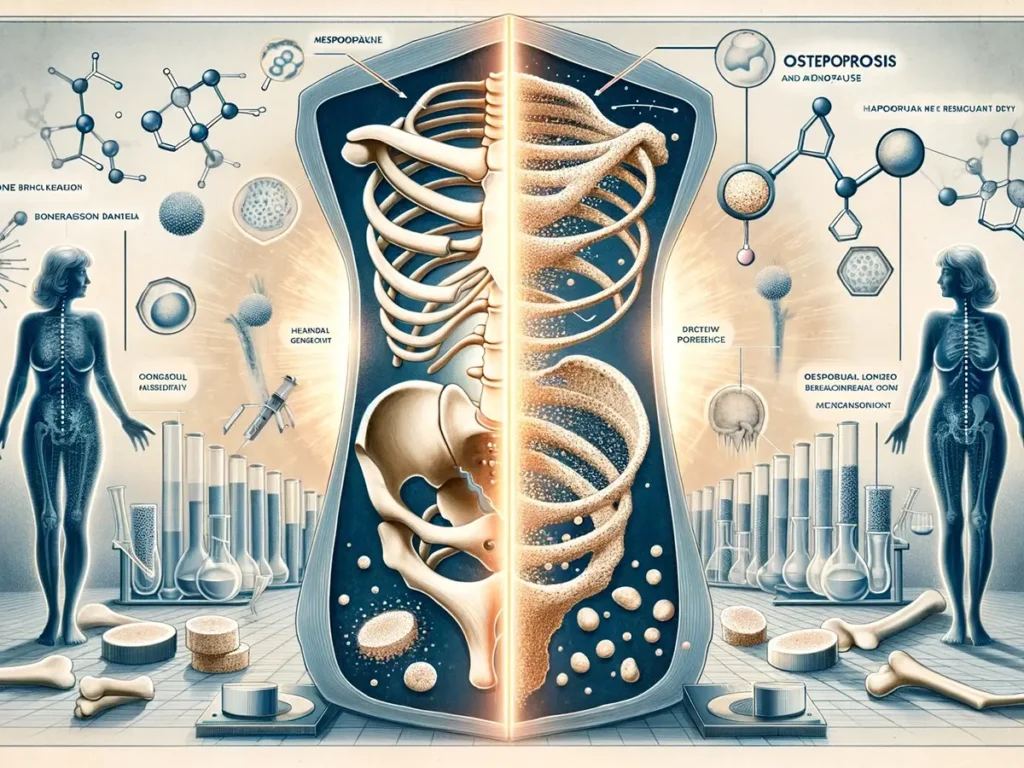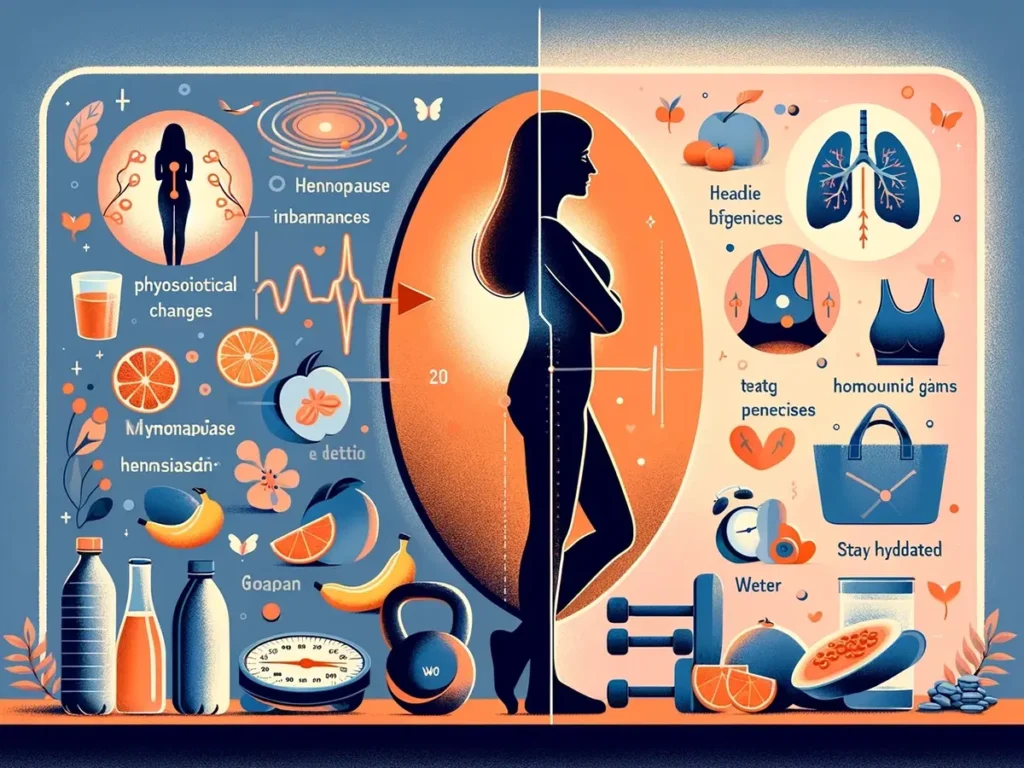Menopause is a natural biological process that marks the end of a woman’s reproductive years. It typically occurs in women between the ages of 45 and 55, and brings about a variety of changes in the body. One often overlooked aspect of menopause is its impact on digestion and gut health.
During menopause, the levels of estrogen and progesterone in a woman’s body decrease significantly. These hormonal changes can affect the digestive system in several ways.
One common symptom experienced by women going through menopause is bloating. This is often caused by hormonal fluctuations that can slow down the digestive process. As a result, food may stay in the stomach and intestines for longer periods of time, leading to feelings of fullness and discomfort.
Another digestive issue that can arise during menopause is constipation. Estrogen helps regulate bowel movements, so when its levels decline, the digestive system may become sluggish. This can make it difficult to pass stool, leading to constipation.
On the other hand, some women may experience the opposite problem and have more frequent bowel movements during menopause. This can be attributed to the changes in hormone levels and the impact they have on gut motility.
Menopause can also affect the balance of bacteria in the gut. Estrogen plays a role in maintaining the diversity and abundance of beneficial bacteria in the digestive system. When estrogen levels drop, it can disrupt this balance and potentially lead to digestive issues.
Fortunately, there are steps women can take to support their gut health during menopause. Eating a balanced diet rich in fiber can help promote regular bowel movements and prevent constipation. Including fermented foods, such as yogurt and sauerkraut, can also help replenish the gut with beneficial bacteria.
Regular exercise can also aid digestion by stimulating bowel movements and improving overall gut motility. Additionally, managing stress levels through activities like yoga or meditation can have a positive impact on gut health.
It’s important for women going through menopause to prioritize their digestive health. Seeking guidance from a healthcare professional can help address any specific concerns and develop a personalized plan for maintaining gut health during this stage of life.






